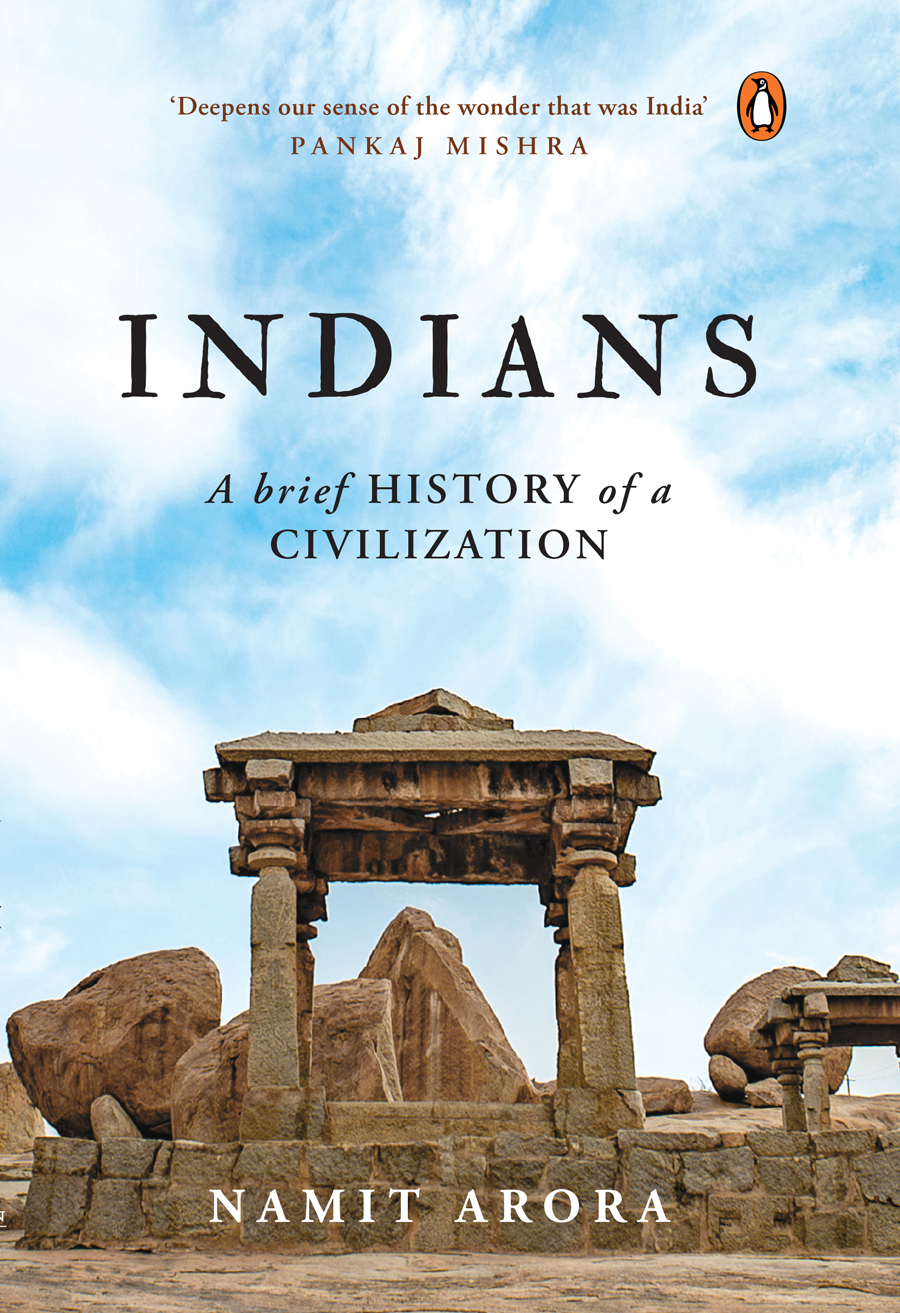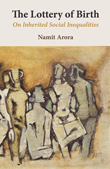| Index of articles from the Blog |
| Animals |
| Anthropology & Archaeology |
| Art & Cinema |
| Biography |
| Books & Authors |
| Culture |
| Economics |
| Environment |
| Fiction & Poetry |
| History |
| Humor |
| Justice |
| Philosophy |
| Photography |
| Politics |
| Religion |
| Science |
| Travel |
Books by
Books by
|
 |
About his method he says, 'For myself, my duty is to report all that is said; but I am not obliged to believe it all alike—a remark which may be understood to apply to my whole History.' For conflicting accounts, he often records more than one, sometimes adding, 'so have I heard but I cannot be certain,' or if the account seems incredulous, 'my own opinion in the matter is .' Even when he records much that makes his work drift away from history, he still provides us valuable insights—as long as he believes in the truth of the stories he relates, and there's little doubt he was sincere and honest. In his own lifetime, his enthusiastic openness and tolerance for other cultures won him a derisive label—Barbarophile—reinforced centuries later by another famous Greek: Plutarch.♣ |
|
Only in Athens could Herodotus have found the right climate and support for his enterprise. Pericles was the son of Xanthippus, the general who defeated the Persians at Mycale. Herodotus realized the momentous significance of the Persian wars and seized his opportunity. Subconsciously adopting and echoing the Athenian mindset, he glorifies their contribution, perhaps more so being an immigrant—we know that he gave public readings from Histories. This may be an inescapable side-effect of identity but one that must accompany any reading of his work—in response to his admiration of the Athenian present came the urge to glorify its past. It's unfortunate that we have no other non-Athenian account of the war. In fact, resentment from other city-states, which felt under-recognized or vexed by the lavish glory he heaped upon Athens at the expense of Sparta, led him to be branded father of lies. It is a history eminently suitable for the purposes of an empire. He contrasts the Greek and the Persian character with this story: During Xerxes' early days in Greece when the Olympics were on, certain Greek deserters were brought before him and Mardonius. They were asked, 'And what is the prize for which they contend?' The reply: 'An olive wreath, sire, given to the man who wins.' Hearing this, Herodotus writes, a senior aide of Xerxes 'uttered a speech which was in truth most noble [if not of the best timing]—Good heavens! Mardonius, what manner of men are these against whom you have brought us to fight—men who contend with one another, not for money, but for honor!' |
 |
Herodotus' Persians are the royalty and the aristocrats. His account projects a one-sided image of fawning courtiers, concentrated riches, minimal social mobility, and the most enlightened deeds coexisting with whimsical cruelty on the part of despots. This wasn't unusual in the extended Greek world either—there were storybook despots in Greek settlements, as in Sicily. He undervalues a host of Persian achievements and their common humanity with the Athenians. However, writing for the Athenians to whom his emotional loyalty is axiomatic, Herodotus' gaze is on the 'barbarians' and while he carefully avoids passing judgment on cultural peculiarities that have few obvious moral disadvantages, in his choice and selection of material he could well qualify as the first Orientalist.♣ |
The Persians: Previous |
Next: Bibliography |
Designed in collaboration with Vitalect, Inc. All rights reserved. |
|













